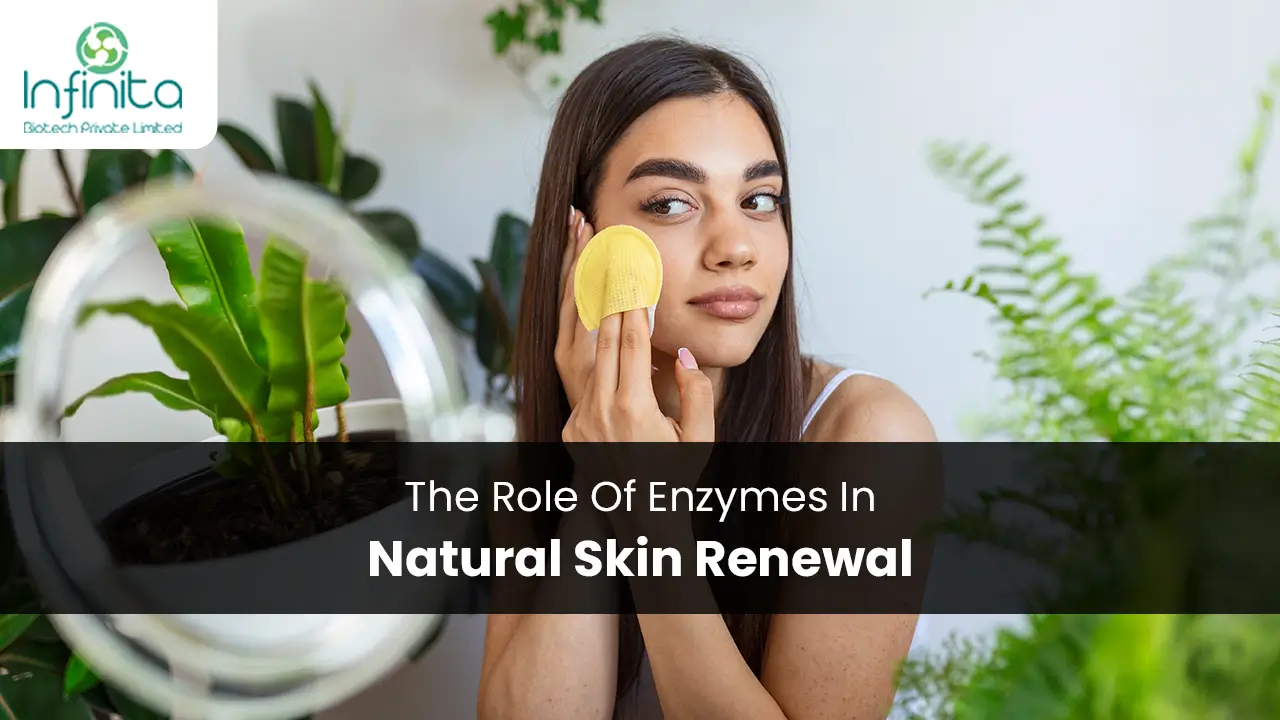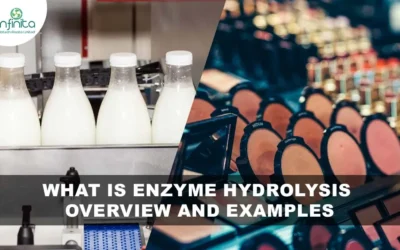The Skin- Our body’s largest organ and frontline defender against external assaults. Just like the changing seasons or chapters in a book, our skin undergoes cycles of renewal and regeneration. And guess what plays a starring role in this process? You guessed it – enzymes! Let’s dive into the intricate dance of enzymes and how they contribute to skin’s natural revival.
Understanding the Skin Renewal Process
First things first. What is the skin renewal process?
Imagine your skin as a multilayered cake. The deepest layers are busy producing new cells. As they mature, they travel upwards, eventually reaching the surface and becoming what we often call dead skin cells. This journey and turnover is the skin’s way of renewing itself.
Enter Enzymes: The Unsung Heroes
Enzymes are like backstage managers in a theater. You might not see them, but without them, the show can’t go on. These protein molecules speed up chemical reactions, ensuring our skin renews efficiently and healthily.
Key Enzymes in Skin Renewal
Proteases: Think of these as the ‘clean-up crew.’ They break down old proteins, allowing cells to shed and make way for the new.
DNA repair enzymes: Sunburned? These enzymes come to the rescue, repairing DNA damage from UV exposure.
Lipases: They manage fats in skin cells, ensuring cell membranes stay healthy and functioning.
Enzymes in Action: Exfoliation
We’ve all heard of exfoliation, right? The process of removing dead skin cells to reveal fresher, younger cells beneath. Enzymatic exfoliation uses enzymes, often from fruits like papaya and pineapple, to gently break down the proteins holding dead cells together. It’s like using a delicate brush instead of sandpaper – effective yet gentle.
Boosting Natural Enzymatic Activity
Aging, sun damage, and certain lifestyle choices can slow down enzymatic activity. So, how can you give these backstage managers a boost?
Use enzyme-infused skincare products: These can amplify the natural exfoliation process, leaving skin radiant.
Eat enzyme-rich foods: Incorporate papaya, pineapple, and fermented foods to support overall enzymatic functions.
Protect from excessive sun: UV rays can damage skin and reduce enzyme activity. Always wear SPF!
In Conclusion
The symphony of skin renewal is intricate and complex, but with enzymes orchestrating the process, our skin remains resilient and vibrant. By understanding and supporting their role, we can truly embrace and enhance the natural beauty that is our skin.
FAQs
What are enzymes in the context of skin?
Enzymes are protein molecules that facilitate and speed up chemical reactions, playing a pivotal role in the skin’s natural renewal process.
How do enzymes help in exfoliation?
Enzymes, especially from certain fruits, can break down the proteins binding dead skin cells, enabling gentle exfoliation.
Can I boost my skin’s enzymatic activity?
Yes! Using enzyme-infused skincare products, eating enzyme-rich foods, and protecting your skin from excessive sun can enhance enzymatic functions.
Are enzyme-based exfoliants suitable for all skin types?
Generally, enzyme exfoliants are gentle and suitable for most skin types, but it’s always good to patch-test any new product first.
How often should I use enzyme-based exfoliants?
Typically, once to twice a week is enough, but always follow product instructions and consult with a skincare professional if unsure.







